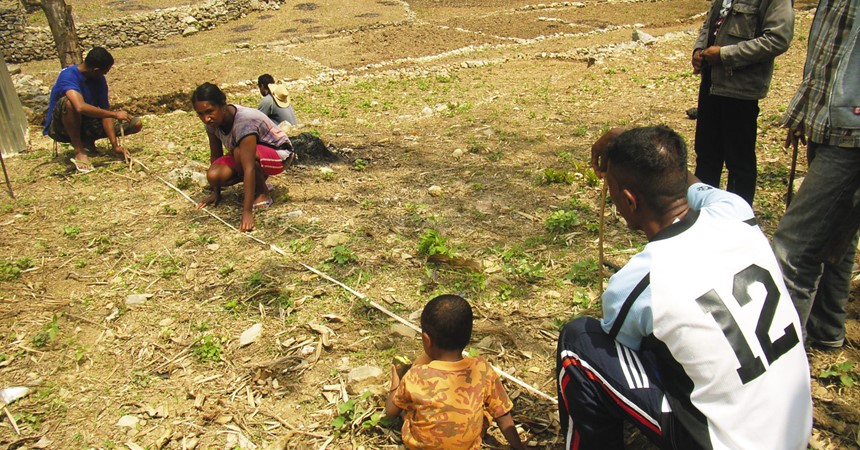- “Unskilled” labour
If a volunteer visitor is applying skills they have never used before, such as manual labour, then one wonders why local people are not given the opportunity to do this work. For the cost of one visitor you could employ many locals or one local for a year, keep skills in the community, stimulate the local economy and allow people the dignity of work.
- Short-term volunteering
Even if teachers are recruited to teach, nurses to nurse, builders to build, there are questions about what sustainable difference is made locally through short term placements. There may be a call for a specific technical skill which cannot be provided locally, though this is rare. Short-term volunteering is mostly a stop-gap solution which leaves a community no better off when the volunteer leaves.
- Take local jobs
All volunteer placements should be assessed against the criterion of the community’s ability to fill the role locally. If an electrician does not exist in the local community or NGO, there may still be one running a small business in town. Why fly a volunteer in for a month instead of paying a local worker? There is rarely a case when the real cost of recruiting, preparing, sending and supporting a short-term
volunteer will be less than paying a local a fair wage. Even for longer-term placements, volunteers should only be sought where skills cannot be secured locally. Ideally, the volunteer’s role should involve some mutual skill exchange, so that the community develops its own skills and the volunteer learns what is sustainable from local counterparts.
- Take control
Foreign volunteers should always answer to a local boss, NGO or committee. Even if they have greater expertise in their professional field than their local counterparts, they do not know all the cultural, political, technical or environmental barriers which affect their ‘brilliant’ foreign solutions. If an expatriate owns and drives a project it is almost bound to fail, during or after their placement. Locals must make the decisions. Expatriates may provide advice but must be prepared to be told ‘no’.
- Send unprepared volunteers
In addition to their professional expertise, volunteers should develop understandings of cross-cultural change, the process of cultural learning and adjustment and the influence of their own culture and personality. They should learn about asset-based community development, human rights, disability, gender, environmental sustainability and more. They must learn to manage expectations and to relinquish power.
- Play Santa Claus
Frustrated by slow or unpredictable progress, many volunteers desperately seek help from home to make a “tangible” difference – often a spontaneous building project. Injecting cash to soothe one’s own ego is not sustainable and sets a dangerous precedent. If the best a volunteer can show is a new water tank for which they raised $1000, they have hardly justified the thousands provided by their hosts, agency and donors to keep them in placement. A better approach might be to help some local people with an application to an agency which specialises in this type of development, thereby building local skills and relationships which last beyond the volunteer’s presence. Alternatively, there may be a local solution not requiring outside funds.
- Live in luxury
Air-conditioned expatriate bubbles can encourage groupthink where locals are judged, maligned and ‘othered’ rather than engaged and respected. As far as possible, volunteers should embrace their vulnerability and seek to live simply.
- Promote volunteers as saviours
The ‘volunteer as hero’ story may attract more media, more donations and more volunteers, but it’s unfair to the dedicated people who spend their lives working for their local communities, with or without volunteers. While volunteers can make a valuable contribution and provide good ‘value for money’, narratives which focus exclusively on the foreigner risk simplifying the story of locals to a negative stereotype.
- Forget to evaluate
If recruiting volunteers and securing funds are the goals of an organisation, then perpetuating an idea that ‘volunteering just works’ is not a problem. However, if the organisation has a mission to reduce poverty, build capacity and build cross-cultural relationships through volunteering, then monitoring and evaluation are essential. Every volunteer placement should be evaluated from the point of view of every stakeholder – host organisations, volunteers, program beneficiaries, sending organisation, even donors.
- Lose heart
There are many potential mistakes in volunteering, but if we keep these in mind, volunteering can be the most effective and empowering method of building a just, sustainable, interdependent and peaceful world. We take this mission seriously and are excited that so many others are prepared to consider tough questions in our quest for a better world.
Please visit www.palms.org.au.























































































